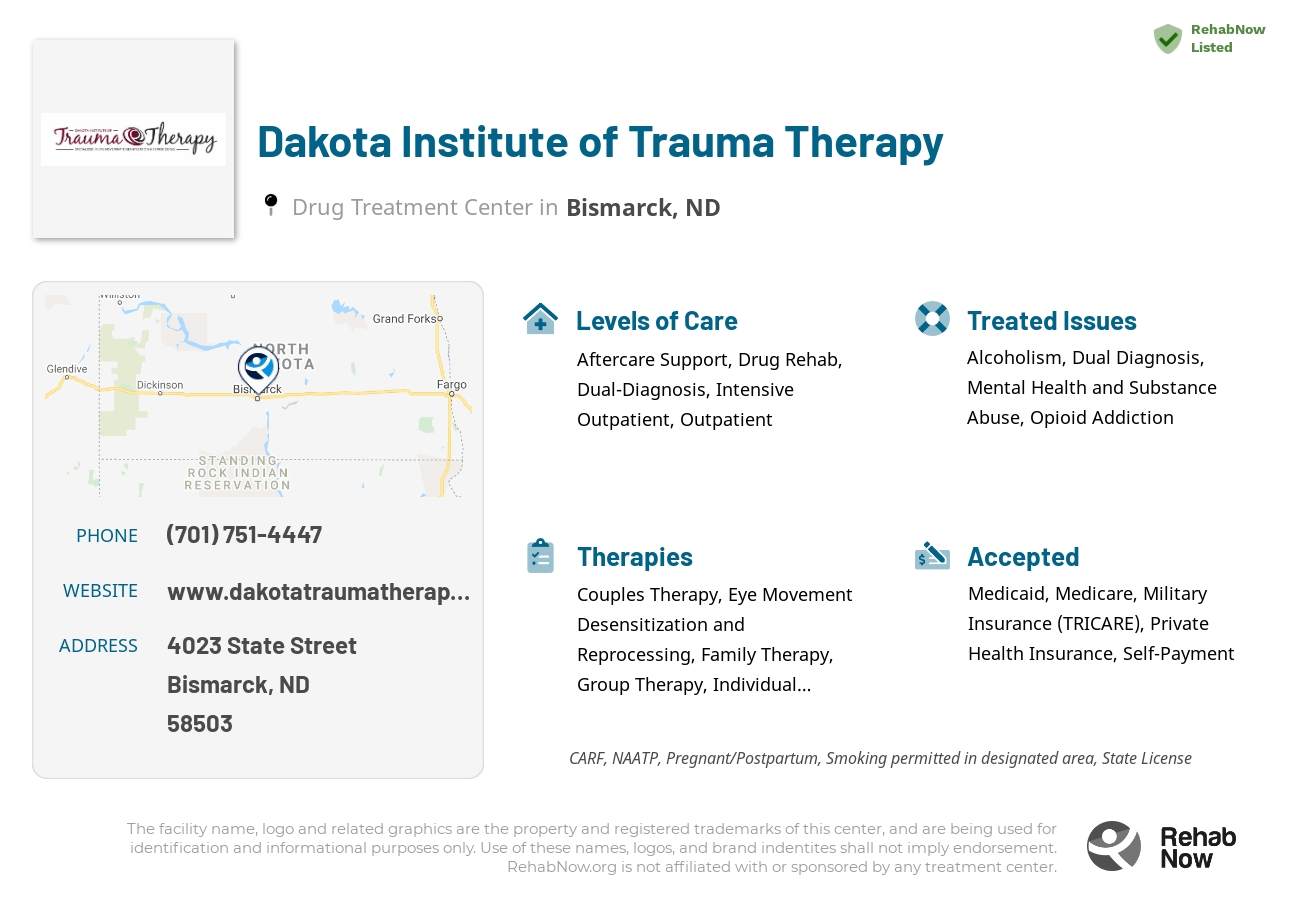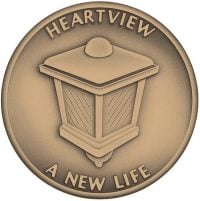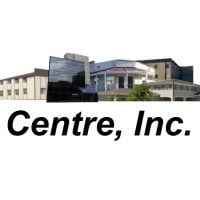Dakota Institute of Trauma Therapy
Drug Rehab Center in Bismarck, North Dakota
The Dakota Institute of Trauma Therapy is a drug and alcohol treatment center located in Bismarck, ND, providing evidence-based programs, inpatient/outpatient levels of care, aftercare support, and diverse therapies such as CBT, DBT, and trauma resolution to help individuals recover from alcoholism, opioid addiction, and/or dual diagnoses, accepting private health insurance plans.
About Dakota Institute of Trauma Therapy in North Dakota
Dakota Institute of Trauma Therapy is an Addiction Treatment Facility located in Bismarck, North Dakota. This facility offers comprehensive treatment services for individuals struggling with alcoholism, dual diagnosis, opioid addiction, and drug addiction. With a team of experienced professionals, the Dakota Institute of Trauma Therapy is dedicated to providing effective and tailored treatment plans to support individuals on their journey to sobriety.
At the Dakota Institute of Trauma Therapy, a range of services and treatment methods are available to address addiction and substance abuse. Their treatment programs include aftercare support, drug rehab, dual-diagnosis treatment, intensive outpatient programs, and outpatient levels of care. These programs are designed to provide individuals with the necessary support and tools to overcome their addiction and achieve lasting recovery. Moreover, the facility accepts private health insurance, making their services more accessible to those seeking treatment. With a focus on trauma therapy, the Dakota Institute of Trauma Therapy aims to address the underlying causes of addiction and provide individuals with the skills to manage and heal from trauma in a safe and supportive environment.
Genders
Ages
Modality
Additional
Conditions and Issues Treated
With so many people addicted to opioids, we need to help those who want to quit. The cycle begins when opioid addicts take opioids for a painful injury. When someone starts taking their medication differently or in excess, it means they’re addicted and at risk of overdosing.
In , detoxing from these types of treatments is the most effective way to beat this. Most facilities begin with medical assistance and then provide counseling services; rehabilitation follows after successful treatment.
Dual diagnosis refers to someone who has both an addiction and a mental or emotional illness. Dual diagnosis treatment includes therapy for both issues simultaneously, allowing for effective treatment of either.
Sometimes people with addiction disorders also have co-occurring disorders like depression, anxiety, bipolar disorder, etc. These require specialized treatment programs that address both drug and alcohol addiction as well as psychiatric illnesses. Some rehabilitation facilities provide patients with co-occurring disorders a program with highly integrated services and a clean, distraction-free environment.
Levels of Care Offered
This center offers a variety of custom treatment tailored to individual recovery. Currently available are Aftercare Support, Drug Rehab, Dual-Diagnosis, Intensive Outpatient, Outpatient, with additional therapies available as listed below.
An intensive outpatient program (IOP) is effective for drug rehab, but it can take six months to several years to complete. It’s the most popular type of drug rehab program in the United States. One example of a successful IOP success story is actor and comedian Chris Rock, sober since 1990.
An IOP allows participants to spend nights at home while attending meetings throughout the day. It’s a good way for drug addicts to make a recovery plan in an outpatient setting while still supporting their loved ones.
Alcohol or drug addiction, or co-occurring disorders, are treated in an outpatient program. The patient must attend therapy and other programs at the facility but can return home each night.
Outpatient treatment allows recovering addicts to live at home while receiving addiction treatment. Outpatients can attend group sessions for a few hours per week. Outpatients may also continue to work full time and study/attend school without interruption if they choose.
The accomplishment of completing a drug or alcohol treatment program is just the first step. Once that is complete, aftercare support comes into play. This includes helping people adjust to life without substances outside of guidelines with assistance like getting sober living accommodations and career counseling and AA/NA programs for those who are struggling between sobriety or want continued help in maintaining it once they have completed their initial rehabilitation at an addiction facility.
Aftercare comprises services that help recovering addicts readjust to normal day-to-day activities while working on specific issues. These problems include psychiatric issues, family problems caused by substance abuse, continuing education pursuits if desired during rehab, etc. These can last up to one year+ depending on what’s needed most urgently upon completion of earlier stages.
Therapies & Programs
Different people react differently to various treatment options. Some drug rehabilitation centers offer individualized treatment that caters to the specific needs of a drug addict. The best treatment option varies on an individual depending on the type of drug abused, life history, medical condition of the person, social circumstances, and the environment they live in now.
When a person enters drug rehab, they usually have anti-drug associations such as withdrawal symptoms, stress, cravings, etc. The first step of drug rehab is to detoxify the body from any residual substances in it. Drug rehabilitation centers usually employ trained medical professionals to help in this process. Usually, the initial detoxification lasts for five days, where the person is monitored under close supervision.
Couples therapy is a treatment method used to help couples in which at least one member of the couple has a drug addiction. The treatment is designed to help the couple strengthen their relationship to minimize the effects of drug addiction on their lives and promote healthy communication between them.
Couples therapy can be used whether the addicted partner is using drugs or in recovery. It helps the couple create healthy communication and coping skills to minimize the problem-solving abilities of one partner, which can then be directed at solving issues related to their addiction. It also helps couples address problems that may be related to drug addiction. Couples therapy can help couples feel like a team and not feel like their partner is the problem.
Couples therapy is very challenging for both the drug addict and their partner. It requires an intense commitment between the two individuals to participate in the sessions and the homework assigned between sessions.
An additional benefit of couples therapy is that it can help make other types of treatment, such as 12-step programs, more effective.
Family therapy sessions typically involve the addict and their family members. During these sessions, a therapist will work with everyone involved to help them understand addiction and find healthy ways of coping without substance abuse.
Some addicts might feel embarrassed about their substance abuse problems. By encouraging family members to attend these sessions, therapists can show addicts that they’re not alone in dealing with addiction. Therapists can also work with family members to help them understand addiction and learn how to offer support and encouragement to their loved one as they deal with substance abuse issues.
Attending group therapy at Dakota Institute of Trauma Therapy in , is a useful way for those seeking sobriety to realize they aren’t the only one going through it.
This is when a group of people on different recovery phases get together and talk about what they’re going through, their triggers, successes, and failures. This can include alternative types of therapies too! Group therapy may occur on an outpatient or inpatient basis with groups that have no pre-existing relationships outside the session, unlike support groups where everyone already knows each other beforehand.
Eye Movement Desensitization and Reprocessing (EMDR) is a treatment modality used with patients suffering from post-traumatic stress disorder (PTSD) or drug and alcohol cravings. EMDR is considered to be a form of cognitive-behavioral therapy (CBT) and exposure therapy. It is believed to help patients reprocess their memories, thoughts, and emotions to heal from the trauma of their experience.
Payment Options Accepted
For specific insurance or payment methods please contact us.
Is your insurance accepted?
Ask an expert, call (888) 674-0062
Additional Details
Specifics, location, and helpful extra information.
Bismarck, North Dakota 58503 Phone Number(701) 751-4447 Meta DetailsUpdated November 25, 2023
Staff Verified
Dakota Institute of Trauma Therapy Patient Reviews
There are no reviews yet. Be the first one to write one.
Bismarck, North Dakota Addiction Information
Almost half of all road deaths in North Dakota are tied to alcohol. 18% of students from 9th through 12th grade admit to binge drinking. 14% of North Dakota high schoolers admit to abusing prescription drugs at least once. Alcohol is the most commonly abused substance in North Dakota, 5.26% of the population abuses alcohol in a year, which includes several minors. Binge drinking is a large problem, with 24.8% taking part.
It is difficult to say how severe drug addiction is in Bismarck, ND, as it varies from person to person. However, approximately 9.4% of Bismarck aged 12 or older people reported using an illicit drug, while 18. Additionally, over 60% of all crime in Bismarck, ND, is related to drug addiction. Several different types of treatment programs are available, and the right one for you will depend on your individual needs.
Treatment in Nearby Cities
- Grafton, ND (190.3 mi.)
- Hazen, ND (50.5 mi.)
- Belcourt, ND (145.6 mi.)
- Sentinel Butte, ND (145.1 mi.)
- Fargo, ND (188.3 mi.)
Centers near Dakota Institute of Trauma Therapy
The facility name, logo and brand are the property and registered trademarks of Dakota Institute of Trauma Therapy, and are being used for identification and informational purposes only. Use of these names, logos and brands shall not imply endorsement. RehabNow.org is not affiliated with or sponsored by Dakota Institute of Trauma Therapy.




